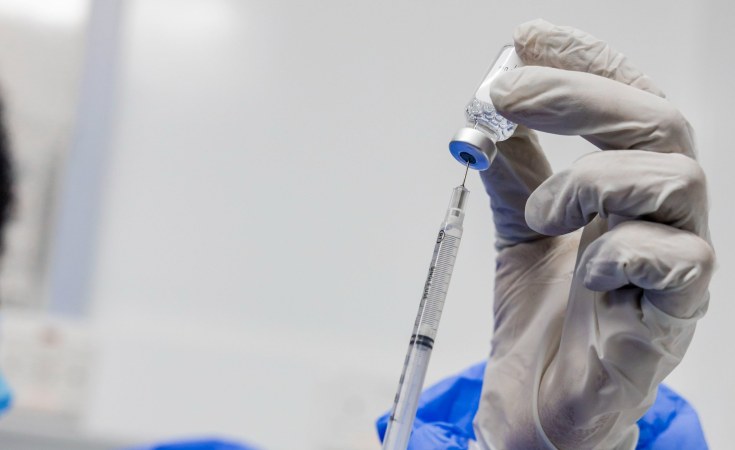The Africa Centres for Disease Control and Prevention (Africa CDC) announced on Jan. 20 that it is mobilizing robust support to assist Tanzania in containing an outbreak of Marburg virus disease (MVD) after the confirmation of one case and the identification of 25 suspected cases in the northwestern Kagera region.
To bolster Tanzania’s response, Africa CDC is committing $2 million to immediate containment efforts, including deploying public health experts, enhancing diagnostics, and strengthening case management. This follows Tanzanian President Samia Suluhu Hassan’s confirmation of the country’s second Marburg outbreak in two years during a joint news conference with World Health Organization (WHO) Director-General Tedros Adhanom Ghebreyesus. Laboratory tests conducted at the Kabaile mobile lab in Kagera and later confirmed in Dar es Salaam identified a case in Biharamulo District.
Marburg virus, a highly infectious and often fatal disease similar to Ebola, is transmitted to humans through fruit bats and monkeys. Tanzania’s previous outbreak, in March 2023, occurred in Bukoba District, resulting in nine cases and six deaths.
“Africa CDC stands firmly with Tanzania in this critical moment,” said Dr. Jean Kaseya, Director-General of Africa CDC. “Building on Tanzania’s commendable response during the 2023 outbreak, we are confident that swift and decisive action, combined with our support and that of other partners, will bring this outbreak under control.”
As part of the response, Africa CDC is deploying a team of 12 public health experts within 24 hours. The multidisciplinary team will include epidemiologists, risk communication specialists, infection prevention and control (IPC) experts, and laboratory professionals to support surveillance, diagnostics, IPC, and community engagement.
In addition to deploying personnel, Africa CDC has dispatched PCR test kits and genomic sequencing reagents to Tanzania, with more supplies expected to follow. The organization is also providing technical assistance to strengthen pathogen detection, genome sequencing, and case management protocols to ensure effective treatment delivery.
Dr. Kaseya has engaged with President Hassan and the Tanzanian Minister of Health to ensure coordinated efforts and secure political commitment for the outbreak response.
“We are committed to working closely with the Tanzanian government, regional partners, and international stakeholders, including the WHO, to stop the spread of the Marburg virus,” the Africa CDC said in its statement.
Africa CDC’s efforts to strengthen Tanzania’s diagnostic and sequencing capacity include technical support for public health laboratories and emergency response systems. This aligns with its mission to assist African Union member states in improving health systems, disease surveillance, and emergency response.
The Marburg virus disease is classified as a public health emergency due to its high mortality rate and potential for rapid spread. WHO’s guidelines emphasize the importance of early detection, rapid response, and coordinated containment efforts to mitigate its impact.

